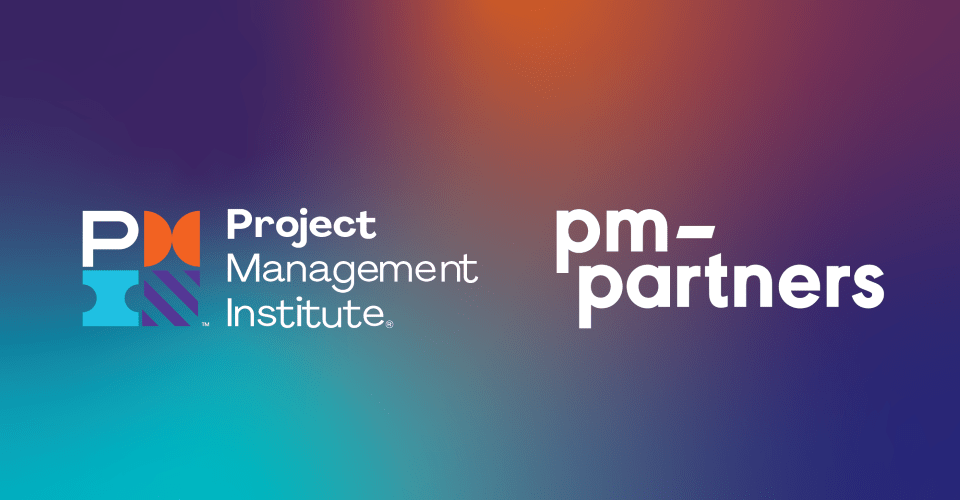Putting a value on the PMO
Organisational context and business requirements must determine the value of the PMO.
As current conditions such as business climate, economic tension, complexity, lack of qualified Project Managers and project success change, so too must the service provided by the PMO. The PMO must be regularly re-evaluated to ensure its proposition continues to provide business value.
The success of a Project Management Office (PMO) ideally increases as the organisation runs more and more projects via the PMO. Unfortunately, mutual frustrations on the part of both the PMO and executive stakeholders often hamper the process of establishing a mature and thriving relationship between the two.
With the right business alignment (PMO goals and metrics with business goals and metrics) the PMO can start to become a strategic asset.
This helps to ensure that the PMO supports real and measurable business needs that can be quantified as a valuable contribution to the organisation.
“A PMO is really adding value when it can adapt to the needs of the business and is viewed as a strategic asset during executive decision making.”
Pete Swan, Director of PM-Partners group
In the past, the majority of PMOs have focused on continual improvement of project delivery practices throughout an organisation. However, executives and important project stakeholders have demonstrated an increased need for more efficient and effective portfolio management practices, and this is something PMOs are not currently providing to a high enough standard.
The value of a PMO does not lie in the number of processes it has established but in how much it contributes to the improved delivery of projects and the organisational benefits derived from projects.
The 2012/13 Project Management Office (PMO) Survey conducted by PM-Partners group revealed that 38% of PMOs that have been in operation for over five years feel they have not gained the respect of the organisation.
According to the survey, the top six areas organisations are focusing on to increase the value of their PMO include:
- Portfolio analysis (28%)
- Benefits realisation (27%)
- Project health checks (16%)
- Project assurance (16%)
- Supply and demand management (15%)
- Competency assessment (15%).
It’s worth noting that the top two areas are portfolio-related practices, something significant in the progression of any PMO. Unfortunately, more than half (53%) of PMOs do not currently offer, or plan to offer, benefits realisation as a PMO function within the next two years, despite the fact that this is a focus area for executives.
The use of expert support is an increasingly popular solution for a PMO when it is struggling to adapt to the needs of a business. This approach can be very effective, as external experts have the broad experience across many PMOs, as well as the background to operate at the appropriate level. This can prove vital regarding reinvigoration of a PMO or marketing a PMOs success.
The PM-Partners group is Australia’s most highly accredited project and PMO partner. We are the trusted service provider to Australia’s leading and emerging PMOs. Call us on 1300 70 13 14 for further information.








